State makes adjustment to Coles County property assessments PennyGem’s Elizabeth Keatinge tells us how you can save for a down payment on your dream home. CHARLESTON — The state of Illinois has made an adjustment in Coles County’s property values that will affect tax bills property owners receive this year. The Illinois Department of Revenue
State makes adjustment to Coles County property assessments
PennyGem’s Elizabeth Keatinge tells us how you can save for a down payment on your dream home.
CHARLESTON — The state of Illinois has made an adjustment in Coles County’s property values that will affect tax bills property owners receive this year.
The Illinois Department of Revenue assigned the county an assessment multiplier indicating it determined the county’s overall property values are too low.
Specifically, the county received a multiplier of 1.0361, meaning the department’s determination was that the county’s assessment was about 3.6% below where it should be.
The state assigns a county a multiplier of 1.00 if it finds that the county’s non-farm land property is assessed at the correct level of 33% of market value. Coles County received a 1.00 multiplier last year.
County Supervisor of Assessments Denise Shores said the county received the multiplier because property is selling at higher prices than assessed.
She described the difference between the state and county figures as “not large at all,” but added that the assessment office is working with county townships on updating the values.
Property in the multi-township assessment district made up of Ashmore, Charleston, Hutton and Seven Hickory townships is close to the correct level, assessed at slightly above 33%, Shores said.
However, the assessments in the county’s other townships are close to 30%, she added.
The state multiplier will be included in the formula used to determine property taxes to be paid this year.
Property taxes are based on several factors in addition to the assessed value, including any levy limits for the county’s government taxing bodies.
Remember these Charleston locations?
Bill’s Bottle Shop
1979: The owner of bill’s Bottle Shop isn’t concerned about House Bill 21. The Liquor Commission has proposed extending bar hours from 1 to 2 a.m. and increasing the number of licenses from 25 to 32.
Filter Plant
1935: The new filtering plant in Charleston has been placed in operation. The plant, which has a daily capacity of two million gallons, consists of three filter beds, mixing and settling beds. A booster pump takes care of pressure in case of fires. The water comes from deep wells. The addition to the Charleston waterworks was financed through funds on hand and by a small bond issue.
Junk yard
1965: An auto graveyard near Charleston is nestled between rolling hills along scenic Illinois 16.
Junk yard
1965: Mayor-elect Wlater Reasor Jr. and Eastern Illinois University president have urged to move the junk yards west of Charleston city limits.
Krackers
1988: Teen night fills the floor at E.L. Krackers.
Rotary community pool
1974: The Charleston Rotary Community Pool is located on approximately five acres of land directly behind the Junior High School.
Waterworks
1948: Charleston’s waterworks is being converted from diesel to electric power this week at a savings in costs of $500 a month, releasing 18,000 gallons of fuel oil a year for other uses. Oil tanks will be kept full to enable emergency use of the diesel engines which will remain in place although disconnected.
Charleston airview
1985: Airview of Charleston.
American Hardware Supply aerial view
1982: Aerial view shows extent of American Hardware Supply Co.’s new 240,000 square foot distribution center north of Charleston.

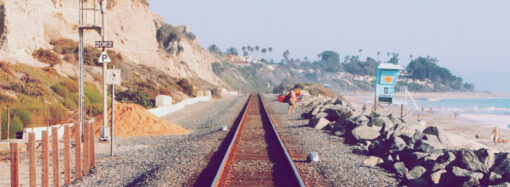



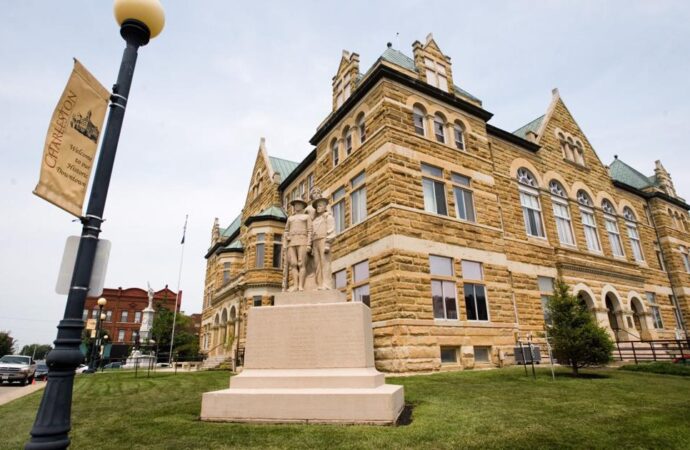



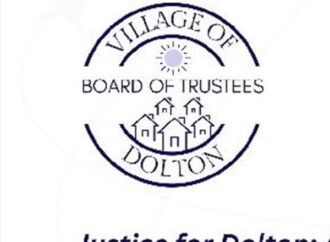
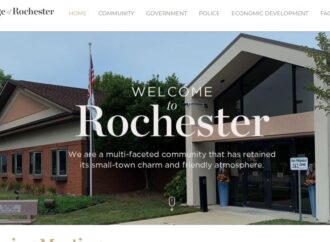
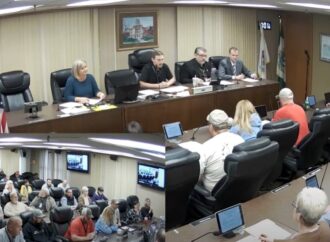





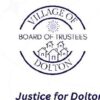





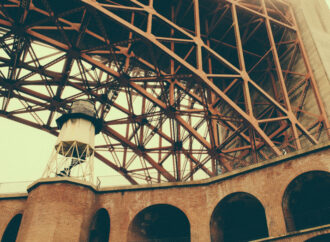



Leave a Comment
Your email address will not be published. Required fields are marked with *